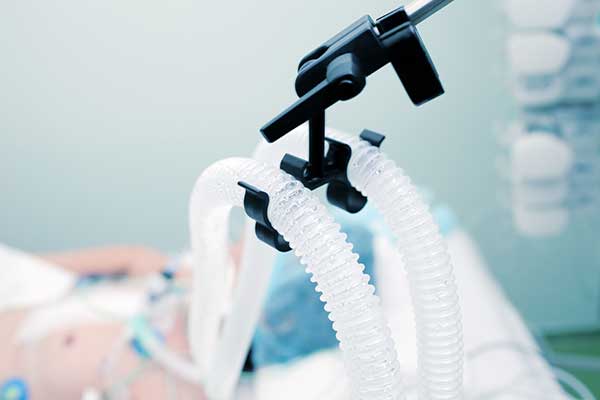New chemical cleaners, the evolution of existing chemical cleaners, and the introduction of non-metallic materials to many applications that require chemical cleaners has led to challenges within the medical device and patient care community.
Traditional chemical and environmental stress cracking (ESCR) testing used to assess the life of non-metallic materials were not doing an appropriate job of predicting actual life of devices and/or components. Chemical attack, in the case of the active ingredients of the cleaners, is driven by a concentration dependence effect. Devices which are cleaned/wiped have wet dry cycles that are more aggressive, in many cases, than a traditional "dip and dunk" type test. Therefore, matching wet dry cycles and the chemical conditions of the application become critical.
Our team has developed accurate test matrices to provide actual life predictions rather than relative ranking of materials. Each test is customized to the application to provide realistic life estimations.
ESCR testing is also conducted using conditions that are modified to be more in-line with application parameters. ESCR is commonly confused with chemical "attack". In reality, it is a positive swelling effect that causes release of internal stresses. Thus, applying appropriate strains to generate stresses in line with the application is critical.
With the new challenges of COVID-19, it is even more imperative to understand how traditional cleaning solutions affect medical devices being transported around medical facilities. Not all materials will react the same to a commonly used cleaners and many cannot be cleaned by typical methods or hospital-grade cleaning solutions. How they are cleaned will directly affect their ability to work as intended.

